#osceola
Explore tagged Tumblr posts
Text


The former Elms Plaza Motel of Osceola, Iowa is now a private residence.
215 notes
·
View notes
Text

Photo via soxphotos on eBay.
“[Post-Monkees, Peter Tork was part of] a San Francisco-based rock band named Osceola. ‘That was a name full of significance,’ he said. ‘Osceola was chief of the Seminoles, the only tribe never to have surrendered to the federal government.’” - The Daily Oklahoman, November 11, 1983 “Thorkelson played in a band called Osceola, and sang in the Fairfax Street Choir, a 30-voice choir that performed with rock band instrumentation. In neither venture was he billed as ‘Peter Tork of the Monkees,’ but he later did concert work (‘fourth on the bill’ said Thorkelson) performing folk, rock, classic rock ’n’ roll, and some Monkees material under the Tork moniker.” - article by Michael J. Gueulette, The Bowling Green News Revue, May 24, 1979
24 notes
·
View notes
Text






Osceola was a character I thought was cool, but I never expected to get this invested in. His and Lightning’s story is so fascinating because the reason they actually care about anything is each other.
8 notes
·
View notes
Text
Lucy Yang: We all have our demons.
Osceola, grabbing Rin: This one’s mine!
#blue exorcist#ao no exorcist#incorrect quotes#rin okumura#lucy yang#osceola#osceola blue exorcist#AnE 143
122 notes
·
View notes
Text
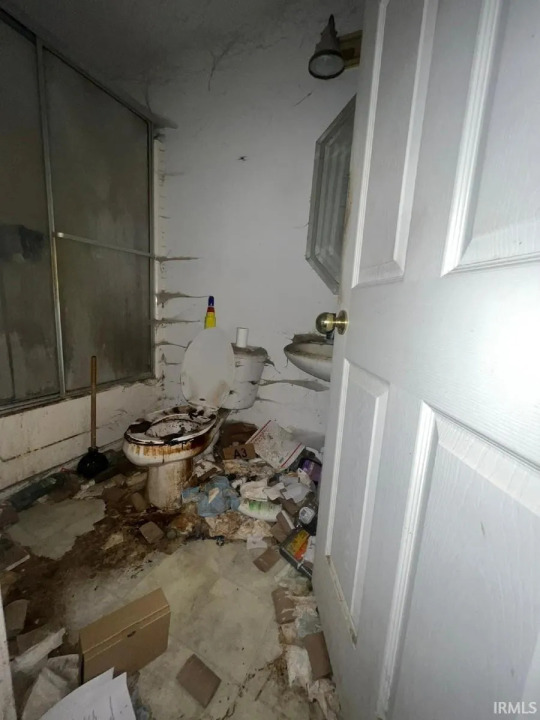
E Louis Street, Osceola, Indiana.
36 notes
·
View notes
Text

Portrait of Seminole leader Asi-yahola by George Carlin, 1838
#eastern woodlands#indigenous history#indigenous art#seminole#Osceola#ndn#ndn tumblr#I see myself in him#indigenous
72 notes
·
View notes
Video
Crossing the St Croix by ~Zack Bovitz Via Flickr: GN 325 crosses over the St Croix River on a now disabled swing bridge, outside of Osceola
#GN325#MNTX#EMD#SDP40#StCroix#Bridge#GreatNorthern#MinnesotaTransportationMuseum#Osceola#Wisconsin#Minnesota#flickr
18 notes
·
View notes
Text
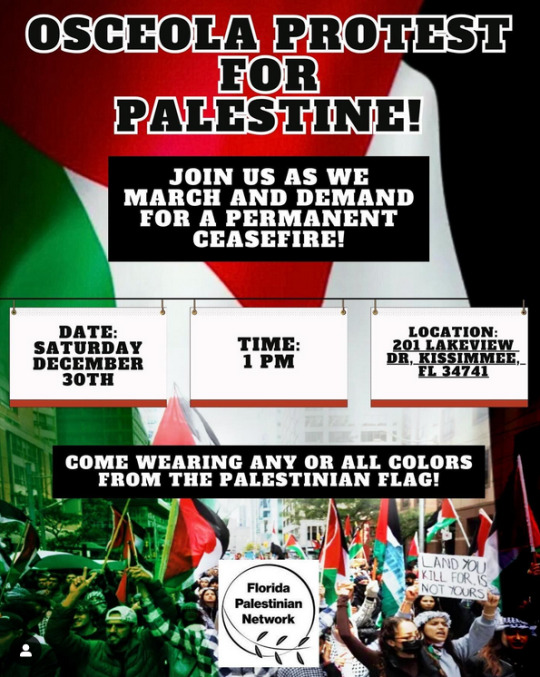
December 30, 2023, 1PM Kissimmee, FL
[Photo ID: Color graphic of the Palestinian flag above a group of pro-Palestine protestors. Text reads: 'Osceola Protest for Palestine! Join us as we march and demand for a permanent ceasefire! Date: Saturday, December 30th. Time: 1PM. Location: 201 Lakeview Dr, Kissimmee, FL 34741. Come wearing any or all colors from the Palestinian flag! Florida Palestinian Network.' /End ID]
Source
#florida#kissimmee#osceola#palestine#free palestine#protesting#florida palestinian network#described
17 notes
·
View notes
Text
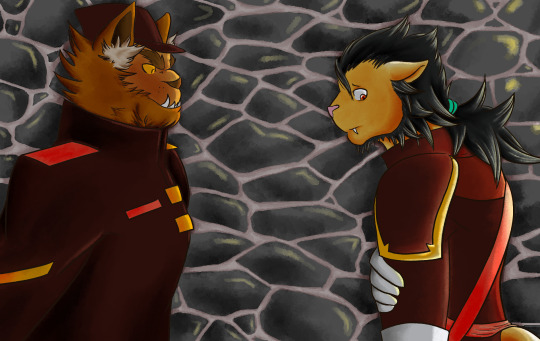

Honestly enjoying in drafting the comic for Osceola.
Killed my hand when I did this lol.
Did I forget to post this no I didn’t
#dungeons and dragons#dungeons and drawings#dungeons and doodles#Gothic Cloudchard#Osceola#Leonin#Nazzunk#Bugbear
7 notes
·
View notes
Text

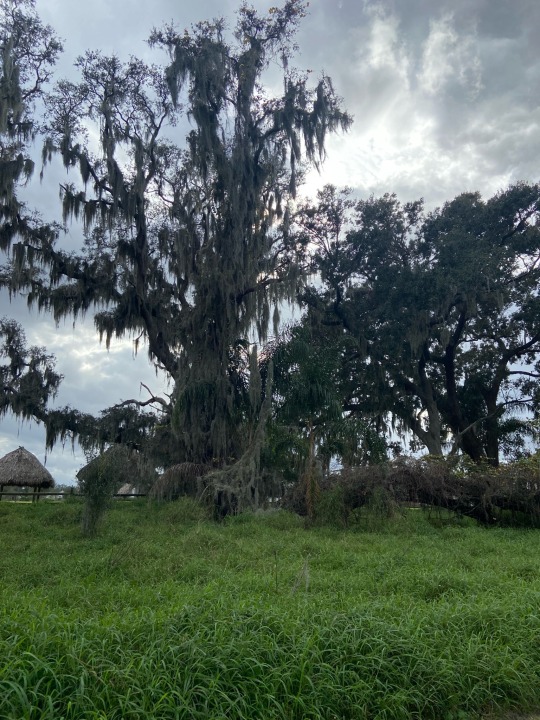
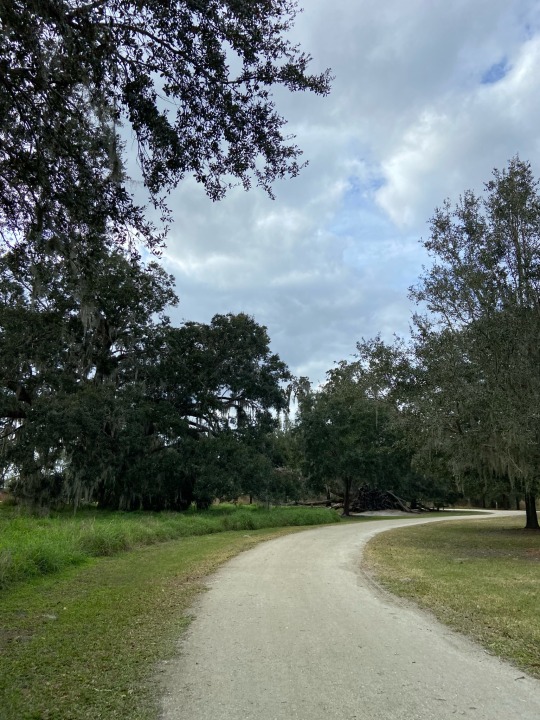

a walk through the trail
#trees#indiginous#Osceola#nature#trail#hiking trail#nature trail#trail running#grass#Florida#fallen tree#roots#outdoors#sky#clouds
3 notes
·
View notes
Photo
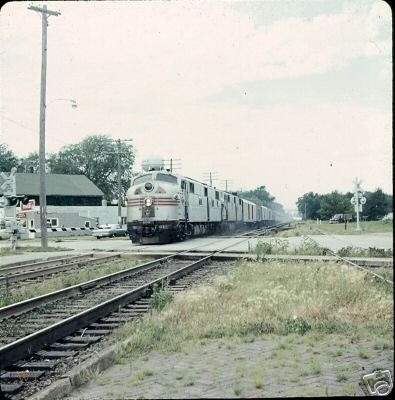
CB&Q Nebraska Zephyr eastbound at Osceola, IA. July, 1967
#nebraska zephyr#cb&q#burlington route#1967#chicago#lincoln#trains#passenger train#history#osceola#iowa
3 notes
·
View notes
Text

Photo by Henry Diltz (in a screenshot from VH1 Behind The Music).
“[Post-Monkees, Peter was part of] a San Francisco-based rock band named Osceola. ‘That was a name full of significance,’ he said. ‘Osceola was chief of the Seminoles, the only tribe never to have surrendered to the federal government.’ Tork said he identifies strongly with that kind of defiance. ‘All of my early life was spent feeling out of whack. Physically I matured late and never was very athletic and always found myself on the short end of the stick. I was raised in a liberal family in the middle of the McCarthy era.’ Against those odds, Tork inevitably developed an inferiority complex that he carried into adulthood and his musical career. When he became one of four young men chosen out of 437 applicants to become what were supposed to be the ‘American Beatles,’ his self-doubt grew to mammoth proportions. ‘Half of the time I would think I didn't deserve it and the other half I would think I was God's gift to the children. I got my head turned around. It was the "arrogant doormat' syndrome low self-esteem combined with arrogance.’” - The Daily Oklahoman, November 11, 1983
#Peter Tork#Tork quotes#70s Tork#60s Tork#50s Tork#40s Tork#80s Tork#The Monkees#Monkees#screenshot#Osceola#can you queue it
16 notes
·
View notes
Text
Dr. James Kimball biography: 13 things about Osceola, Iowa physician
Who was Dr. James Kimball? Dr. James David Kimball was an American physician from Osceola, Clarke County, Iowa, United States. He is the only son of Warren Minor Kimball and Maxine McPherson Kimball, who got married in Osceola on March 23, 1933. Raised in Murray, Clarke County, James scored a scholarship to Phillips Exeter Academy in Exeter, Rockingham County, New Hampshire, USA. His parents…

View On WordPress
0 notes
Text
Lucy Yang: Everyone, calm down! We're grown-ups, let's deal with this like adults!
Cheng-Long Liu: So, we're just going to wing it and hope for the best?
Lucy Yang: Obviously. Now, Osceola, pass the shovel.
27 notes
·
View notes
Text
Life In Prison for Man Convicted of Capital Murder in Osceola
OSCEOLA, Ark. — Prosecuting Attorney Sonia Hagood of the Second Judicial Circuit today announced the conviction of Reggie Matthews for capital murder in the tragic death of Tiana Robinson. Following a jury trial held from September 24 to September 26, 2024 with the Honorable Daniel Ritchey presiding, the jury found Matthews guilty of capital murder. Judge Ritchey then sentenced Matthews to life…
0 notes
Text

0 notes